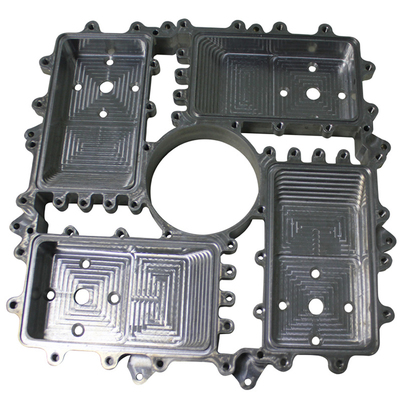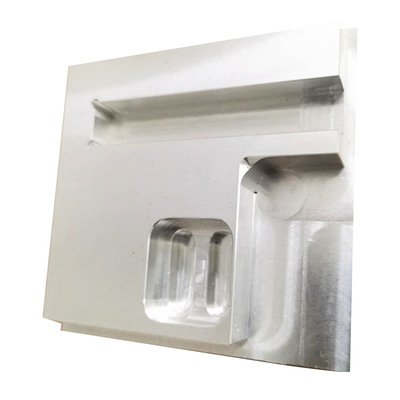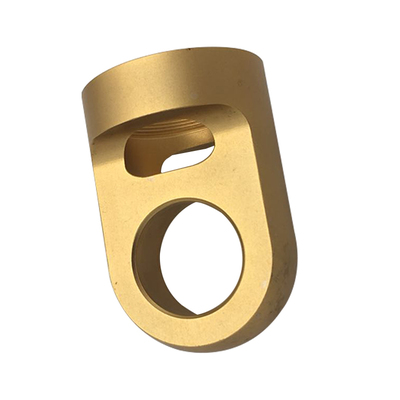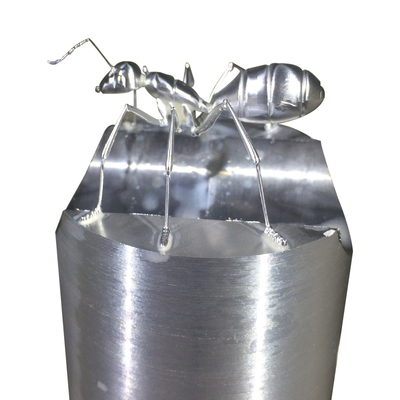Hot pressing post-treatment 3D printing continuous carbon fiber reinforced thermoplastic
Hot Pressing Post-Machining
| Although the classical fused deposition molding process (FDM) has inherent advantages in the manufacture of complex structural parts, the components manufactured using this technology still have problems of insufficient strength and low heat resistance. |
To increase the strength of the product, the use of lightweight, high strength fiber reinforced materials is a very effective method. Some researchers have mixed chopped fibers into resin materials and processed fiber-reinforced wires for FDM. Although the typical FDM process inherited by such chopped fiber-reinforced wires has the advantage of forming complex geomorphic components, its The enhancement of the strength of the product is not very obvious, and it is not able to meet the high strength requirements we have expected. Compared to chopped fiber reinforced materials, continuous fiber reinforced materials can greatly increase the strength of the product, but due to the continuous limitation of the fiber, the molding method has a lack of ability to form complex structural parts.
In order to solve the above-mentioned problem of continuous fiber reinforced molding, researchers MY and YK from the Japanese high school specialized in the design and manufacture of a new type of extrusion nozzle (Figure 1).
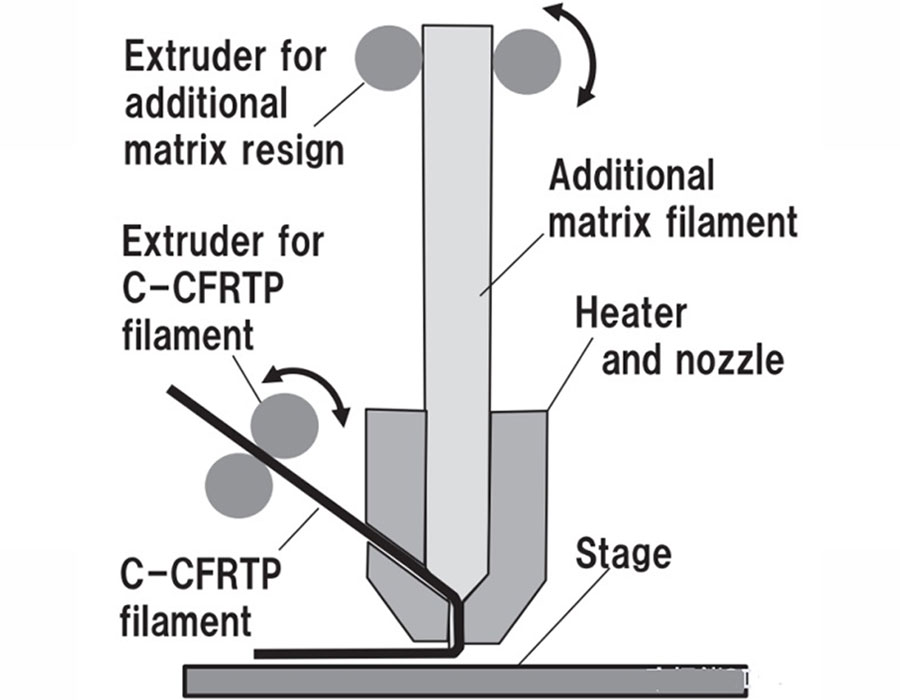
Unlike conventional continuous fiber reinforced equipment, the nozzle uses two feed devices to control the feed of continuous carbon fiber reinforced thermoplastic wire and additional resin wire. The continuous fiber reinforced thermoplastic wire used by them is a wire made of PA6-wrapped carbon fiber with a diameter of 0.3 mm, wherein the carbon fiber volume content Vf is controlled at 50%, and the additional resin material is nylon 645. The single-layer cross section printed by the nozzle is shown in Fig. 2. The lower part of the single layer is a continuous fiber reinforced thermoplastic material, and the upper part is an additional resin material. As can be seen from the figure, the additional resin material can make up for the fiber reinforcement. The gully of the material reduces the generation of voids during printing.
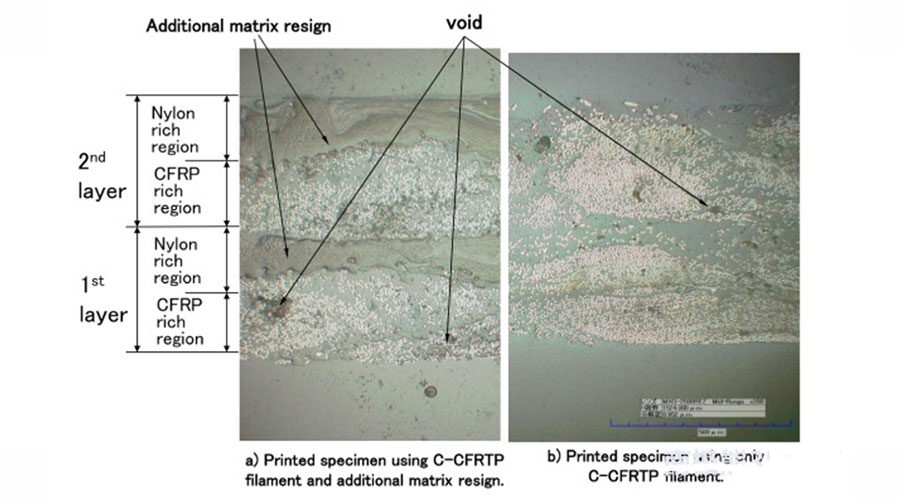
In addition, MY and YK used the equipment developed by them to prepare tensile specimens and subjected to mechanical tensile tests. The test results showed that the elastic modulus E of the samples reached 53 Gpa, Poisson's ratio γ 0.39, and tensile strength σb 701 MPa.
According to the observations of MY and YK, they speculated that the existence of internal pores in the single layer of the molded part had a very significant effect on the mechanical properties of the product, and it was assumed that they subsequently determined the heat treatment process according to the nature of the material to heat the sample. And hot pressing to eliminate internal porosity. The results showed that the heat treatment did not significantly improve the tensile strength of the sample (20%), but the sample after hot pressing was doubled in elastic modulus and tensile strength compared to the untreated sample. Researchers believe that the hot pressing process eliminates the pores in the monolayer and results in such a significant increase in the mechanical properties of the product.
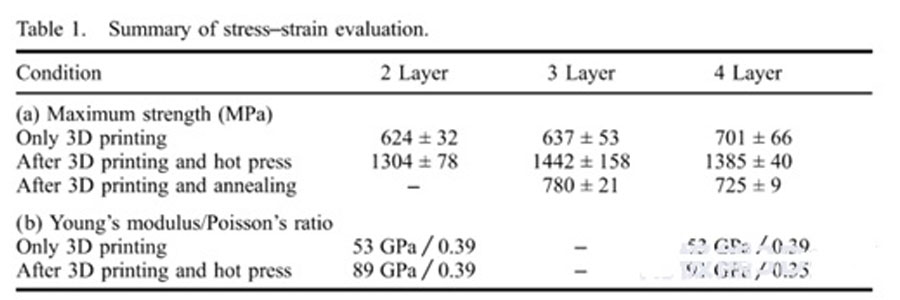
References:Yamawaki, M., &Kouno, Y. (2018). Fabrication and mechanical characterization of continuous carbon fiber-reinforced thermoplastic using a preform by three-dimensional printing and via hot-press molding. Advanced Composite Materials, 27(2), 209-219. doi: 10.1080/09243046.2017.1368840
Link to this article: Hot pressing post-treatment 3D printing continuous carbon fiber reinforced thermoplastic
Reprint Statement: If there are no special instructions, all articles on this site are original. Please indicate the source for reprinting:https://www.cncmachiningptj.com/,thanks!
 PTJ® provides a full range of Custom Precision cnc machining china services.ISO 9001:2015 &AS-9100 certified. 3, 4 and 5-axis rapid precision CNC machining services including milling, turning to customer specifications,Capable of metal & plastic machined parts with +/-0.005 mm tolerance.Secondary services include CNC and conventional grinding, drilling,die casting,sheet metal and stamping.Providing prototypes, full production runs, technical support and full inspection.Serves the automotive, aerospace, mold&fixture,led lighting,medical,bicycle, and consumer electronics industries. On-time delivery.Tell us a little about your project’s budget and expected delivery time. We will strategize with you to provide the most cost-effective services to help you reach your target,Welcome to Contact us ( sales@pintejin.com ) directly for your new project.
PTJ® provides a full range of Custom Precision cnc machining china services.ISO 9001:2015 &AS-9100 certified. 3, 4 and 5-axis rapid precision CNC machining services including milling, turning to customer specifications,Capable of metal & plastic machined parts with +/-0.005 mm tolerance.Secondary services include CNC and conventional grinding, drilling,die casting,sheet metal and stamping.Providing prototypes, full production runs, technical support and full inspection.Serves the automotive, aerospace, mold&fixture,led lighting,medical,bicycle, and consumer electronics industries. On-time delivery.Tell us a little about your project’s budget and expected delivery time. We will strategize with you to provide the most cost-effective services to help you reach your target,Welcome to Contact us ( sales@pintejin.com ) directly for your new project.
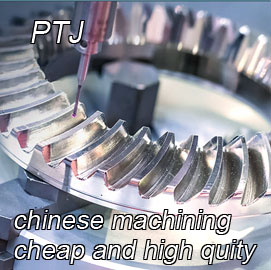
- 5 Axis Machining
- Cnc Milling
- Cnc Turning
- Machining Industries
- Machining Process
- Surface Treatment
- Metal Machining
- Plastic Machining
- Powder Metallurgy Mold
- Die Casting
- Parts Gallery
- Auto Metal Parts
- Machinery Parts
- LED Heatsink
- Building Parts
- Mobile Parts
- Medical Parts
- Electronic Parts
- Tailored Machining
- Bicycle Parts
- Aluminum Machining
- Titanium Machining
- Stainless Steel Machining
- Copper Machining
- Brass Machining
- Super Alloy Machining
- Peek Machining
- UHMW Machining
- Unilate Machining
- PA6 Machining
- PPS Machining
- Teflon Machining
- Inconel Machining
- Tool Steel Machining
- More Material

